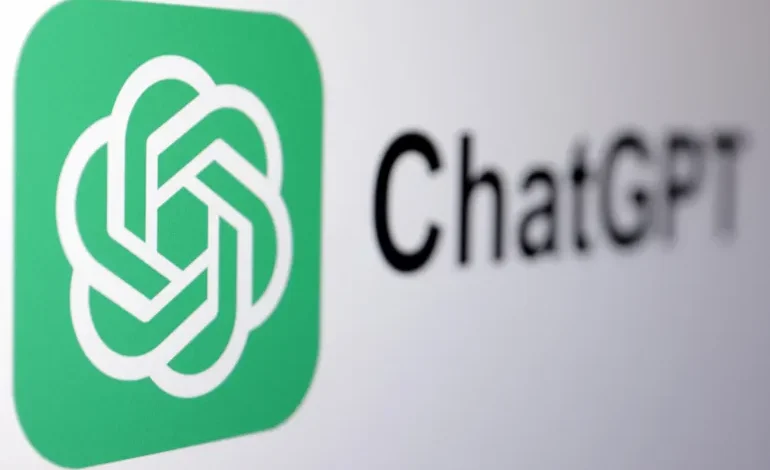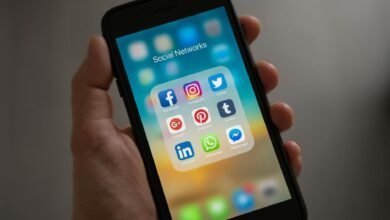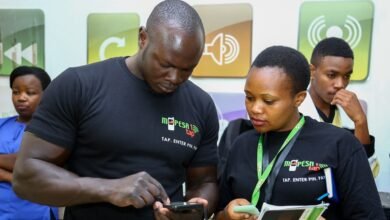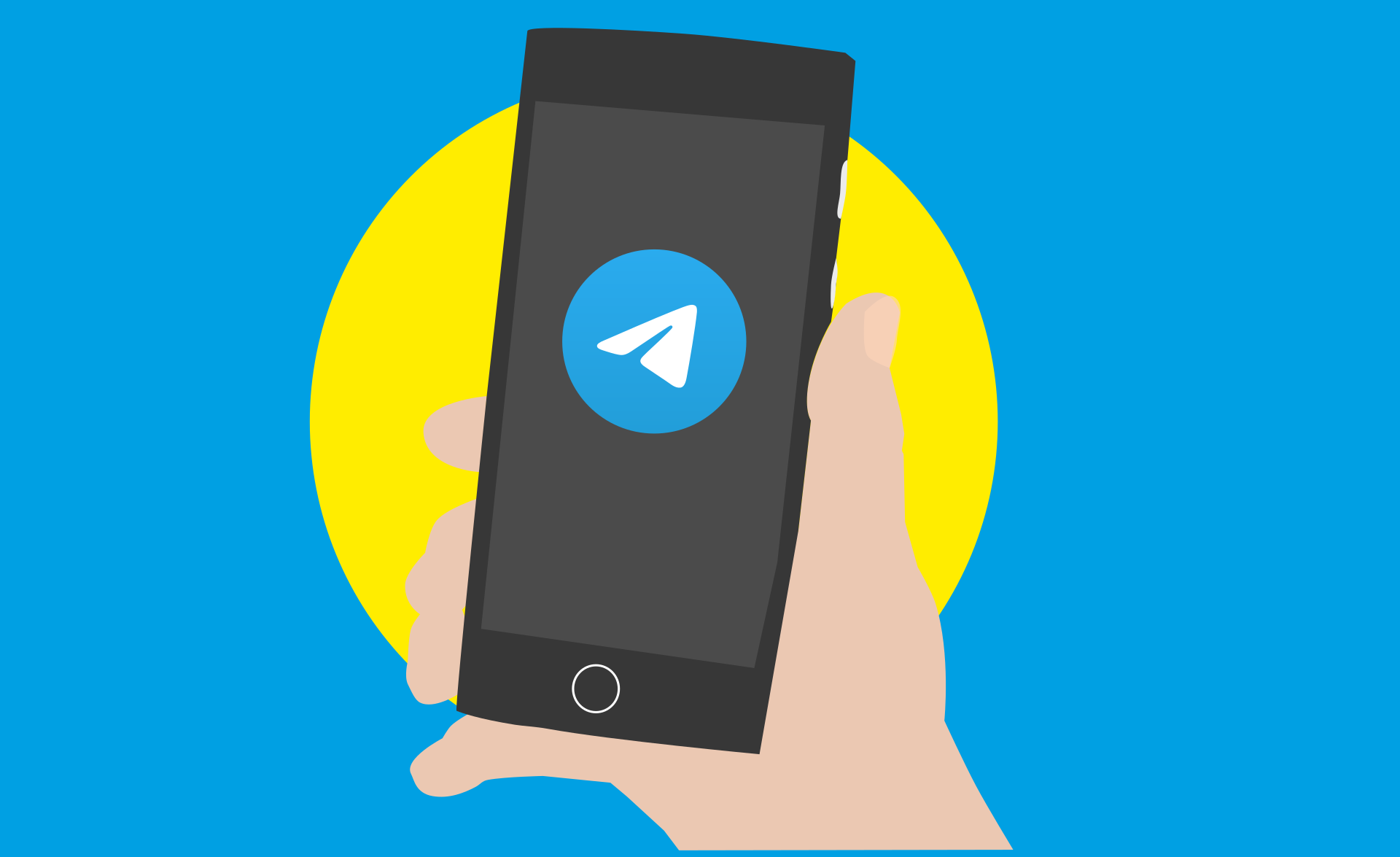
OpenAI is adding parental controls to ChatGPT after a California family accused the AI chatbot of encouraging their teenage son to take his own life. The move raises questions not just in the US, but also here in Kenya where more teens are quietly turning to AI chatbots for study help, companionship, and even mental health support.
Why this Matters
The new controls come after Matt and Maria Raine filed a lawsuit claiming ChatGPT validated their 16-year-old son Adam’s suicidal thoughts in conversations before his death earlier this year. While the case is American, it highlights the same dilemma facing Kenyan parents: How do you let your teenager explore new technology without exposing them to risks they may not fully understand?
What’s Changing
OpenAI says parents will soon be able to:
- Link accounts with their teens.
- Disable features like memory and chat history.
- Set age-appropriate behavior rules to shape responses.
- Receive notifications if the system detects a child in “acute distress.”
The rollout starts within the next month globally. For now, the features will only apply to ChatGPT — but OpenAI has hinted they may eventually extend to other apps powered by its technology such as Microsoft’s CoPilot.
Reactions and Concerns
The Raine family’s lawyer called the update “crisis management,” saying OpenAI should be held accountable for allowing an unsafe product into the hands of teenagers. Psychiatrists warn that parental controls can only go so far — AI tools are global, and young people will always find ways around restrictions.
For Kenyan parents, the challenge is compounded by limited local regulation. Kenya’s Data Protection Act covers how companies handle personal data but does not yet spell out how AI platforms should handle children’s wellbeing. That leaves families largely on their own.
Why This Matters in Kenya
Kenyan teens are among the most tech-savvy in Africa. From Nairobi to Kisumu, students are already using ChatGPT for homework help, job applications, and even casual chats especially with ChatGPT having the web search feature letting users access current internet information. Some see it as a safe space to ask embarrassing or difficult questions they might avoid with parents.
A study of young people attending a youth outpatient clinic at KNH found a 34.7% prevalence of suicidal behavior, including ideation and attempts, this shows that the risks are real. If a chatbot gets it wrong, the consequences can be devastating.
The Bigger Picture
Globally, platforms like Character.AI and Meta’s chatbots have already faced backlash over harmful conversations with teens. Regulators in the EU and US are now demanding tougher age checks, stricter moderation, and transparency over how AI handles sensitive topics.
Kenya is only beginning that conversation. The recently launched Kenya National AI Strategy mentions safety but does not specifically address children. Advocacy groups say the time to act is now, before problems seen abroad spill over locally.
Looking Forward
OpenAI insists these parental controls are “just the beginning.” But as AI adoption grows in Kenya and across Africa, the big question remains: Will tech companies build safeguards fast enough — or will parents and regulators be left playing catch-up with machines that already live in their children’s pockets?






